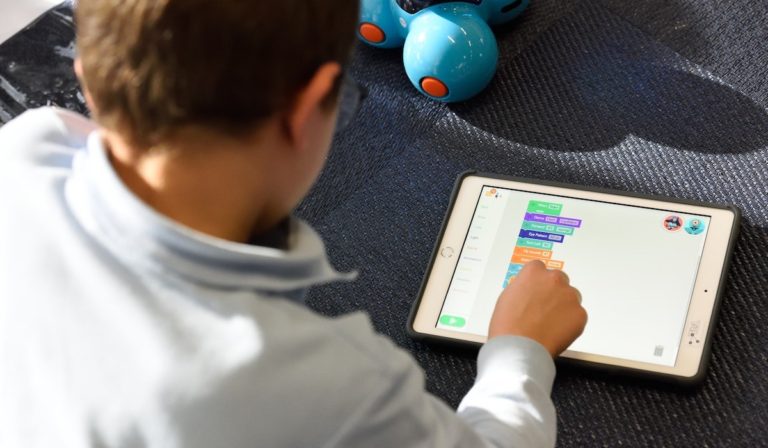I was skimming through the many posts on my Facebook home news feed when I cam across a link my friend had shared. Now, as many of you probably do, I usually skip right over such posts, but I didn’t with this one.
One simple enticement for why I clicked the link to the article on Viralnova was because it had a hooking title: “A Man Takes A Single Rake to The Beach. And When You Zoom Out And See It… Mind BLOWN.”
Of course, the photo shown with the link was a closeup of the man with his rake so I naturally wanted to find out what was so ‘mind blowing’ when such a photo was zoomed out so I clicked the link. When the article page opened there were several ‘zoomed out’ pictures revealing the incredible work of Andres Armador who creates large sand designs in San Francisco, CA.
While the text on the page was few and far between, it conveyed the important message that Armador’s art pieces were temporary because they were engraved on beaches that were swept clean with rising tides.
Above the first photo, a line of text read:
For Andres, his art is ‘more about the process and less about the result.’
Here lies the lesson for educators… Stop getting so wrapped up in the end product! With external expectations and demands placed upon classroom learning it is easy to understand why there is such an emphasis on teaching to the assessable results, but humor me and look at this artist’s work the way I did…
Armador has an end product in sight, but instead of stressing about the perfection and longevity of that product, he dives into his work and focuses on the present- a string of little, simple moments he strives to make the most of.
Imagine the work of this artist if he did not enjoy the present and instead tried to rush through it all.
What would be the point?
The art cannot be appreciated for long once it’s been created, so instead, the satisfaction is in the process. By putting such devotion and pleasure into the work itself, Armador is subsequently able to create massive pieces of art composed of intricate designs.
If educators focus their attention on the small pedagogical moments that occur in the classroom perhaps, as in Armador’s case, the successful end products will come naturally.
Test scores and final papers are fleeting products in a sense as well, so why not focus on the more enduring component of education, the learning that takes place leading up to such assessments.



